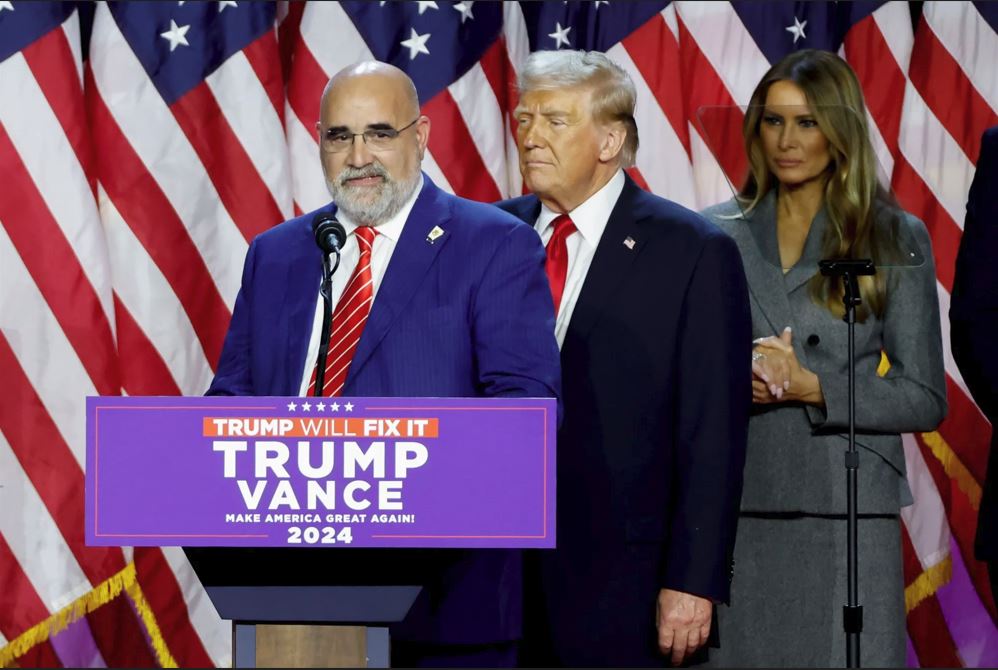“Democracy cannot succeed unless those who express their choice are prepared to choose wisely. The real safeguard of democracy, therefore, is education.”
– Franklin D. Roosevelt
In just a few days, Albanian voters will head to the polls to select their new leaders, who will govern the country for the next four years. A significant shift in the Albanian political scene is long overdue. While there are two major political parties and several smaller ones, the leaders of these parties have increasingly become autocratic, transforming the nation’s fledgling democracy into a kleptocracy. Despite this, voters have the opportunity to bring about change, but this requires making informed choices based on a rational evaluation of the candidates rather than simply adhering to party loyalty, personal agendas, or other dishonest motivations. Below, I have outlined critical criteria that voters should consider before making their selections.
When voting, discerning voters should go beyond party affiliation or popularity. They must carefully evaluate each candidate’s character, past accomplishments, and potential to instigate positive change. While not all politicians can be deemed untrustworthy, many are dedicated individuals striving for the nation’s welfare without personal gain being their driving force. Unfortunately, those who ascend to higher power often embody the most negative traits, with the most concerning figures frequently occupying top positions. To aid voters in assessing candidates’ attributes, I have done some research on these traits, and I have grouped them into three categories inspired by the film of the same name: THE GOOD, THE BAD, AND THE UGLY.

THE GOOD – Politicians who demonstrate a range of positive traits contribute significantly to effective governance, public trust, and the overall well-being of democracy. Here are some key characteristics commonly associated with competent politicians:
- Integrity: Maintaining strong ethical standards and honesty in their dealings fosters trust and respect among constituents.
- Accountability: Taking responsibility for their actions and decisions and being open to scrutiny shows a commitment to transparency.
- Empathy: Understanding and appreciating the feelings and experiences of others, especially constituents from diverse backgrounds, leads to more inclusive policies.
- Visionary Leadership: Having a clear and progressive vision for the future encourages advancement and inspires people to work towards shared objectives.
- Strong Communication Skills: Effectively articulating ideas, policies, and values while actively listening to constituents enhances dialogue and cooperation.
- Problem-Solving Ability: Exhibiting critical thinking and the capacity to effectively address challenges.
- Flexibility and Adaptability: Being receptive to fresh ideas and capable of modifying plans in response to evolving circumstances leads to more effective governance.
- Commitment to Public Service: Placing the needs and welfare of constituents ahead of personal or political aspirations cultivates goodwill and loyalty.
- Collaborative Spirit: Creating alliances and working collaboratively with others, irrespective of political affiliations, results in more effective policymaking.
- Respect for Democratic Principles: Upholding the rule of law, human rights, and civic participation is vital for a robust democratic process.
- Knowledgeable and Informed: Staying informed about current events, policy issues, and expert insights enables more informed decision-making.
- Resilience: The capacity to persist through challenges and setbacks while maintaining a focus on long-term objectives is crucial for effective leadership.
- Inclusivity: Advocating for diverse voices and perspectives fosters equity and social justice, ensuring representation for all constituents.
By embracing these qualities, politicians can build a strong connection with the public, nurture a sense of community, and work effectively towards the common good. If your candidate embodies most of these traits, consider voting for them and anticipate positive outcomes.

THE BAD – When assessing the attributes of politicians, certain negative traits and characteristics commonly observed that can diminish effective governance and public trust. Here are some of those traits:
- Corruption: Engaging in unethical activities, such as bribery or the misappropriation of public funds, compromises the integrity of democratic systems.
- Dishonesty: Being untruthful or lacking transparency—through lies, misleading statements, or withholding information—can erode the trust between politicians and the public.
- Populism: Manipulating public sentiment or offering simplistic solutions to complex issues might yield short-term approval but can lead to detrimental long-term outcomes.
- Authoritarianism: Moving towards dictatorial governance and undermining democratic institutions demonstrates a disregard for the rule of law and civil liberties.
- Polarization: Creating divisions among constituents or using divisive language can foster a hostile political atmosphere and obstruct collaboration.
- Inflexibility: A reluctance to adapt to new information or changing circumstances can hinder effective governance.
- Inflexibility: A reluctance to adjust to new information or shifting circumstances can hinder effective problem-solving and stifle innovation in policymaking.
- Populism: Promising to tell people what they want to hear instead of tackling complex societal problems can lead to unrealistic expectations and, ultimately, disillusionment.
- Lack of Accountability: A failure to accept responsibility for one’s actions, decisions, or policies can diminish public trust and confidence in leadership.
- Disregard for Expertise: Ignoring expert insights or dismissing scientific evidence in favor of ideological beliefs can result in poorly informed policy decisions.
- Incompatibility with Democratic Norms: Actions that undermine democratic principles, such as censoring the press or discouraging dissent, are harmful to a healthy political environment.
These characteristics can greatly affect a politician’s effectiveness and the society they govern, ultimately influencing the welfare of citizens and the overall health of democracy. If your candidate exhibits some of these traits, consider carefully before casting your vote. To justify your support, this candidate must offer something extraordinary to the nation that other candidates cannot provide; otherwise, consider voting for someone else!

THE UGLY – When examining the “ugly” traits of politicians, certain undesirable behaviors and characteristics can significantly undermine their effectiveness and public perception. Here are some of those qualities:
- Corruption: Participating in unethical actions, such as bribery, fraud, or embezzlement, erodes democratic institutions and breaches public trust.
- Manipulativeness: Employing deceptive or cunning strategies to achieve personal or political objectives can exploit vulnerabilities and result in harmful repercussions.
- Dishonesty: Presenting false information, obscuring the truth, or engaging in double talk undermines credibility and trustworthiness.
- Hubris: An exaggerated sense of self-importance or arrogance can distance constituents and lead to poor decision-making.
- Exploitation of Fear: Utilizing fear-based tactics to manipulate the public, such as scapegoating or fostering division, harms social cohesion and democracy.
- Lack of Empathy: Neglecting to acknowledge or care about the needs and challenges faced by constituents can create a disconnect and breed resentment.
- Authoritarian Inclinations: Ignoring democratic principles, attacking opposition, or eroding governmental checks and balances signals a drift towards authoritarianism.
- Lack of Gratitude: Not recognizing or valuing the support and contributions of others can result in diminished loyalty and trust.
- Division: Intentionally creating rifts among different groups can lead to a toxic political atmosphere and obstruct cooperation.
- Apathy: Disregarding the needs or concerns of the public, particularly those from marginalized communities, demonstrates a failure to commit to true representation.
- Intolerance: Exhibiting bigotry, discrimination, or prejudice erodes the principles of equality and respect for diversity.
- Self-Interest: Favoring personal gain over the well-being of constituents can result in policies that advantage a few at the cost of the majority.
- Obstructionism: Undermining the efforts of others, especially when it benefits the public, can undermine effective governance and collaborative efforts.
- Lack of Accountability: Avoiding responsibility for mistakes or failures shows a lack of regard for the duties of public office.

These undesirable traits can significantly tarnish a politician’s reputation and obstruct their ability to govern effectively, ultimately affecting public trust and engagement in the political process. If your candidate exhibits many of these characteristics, DO NOT cast your vote for them; if you do, you will have no one to blame but yourself and those who voted similarly.
“Elections belong to the people. It’s their decision. If they decide to turn their back on the fire and burn their behinds, then they will just have to sit on their blisters.”
– Abraham Lincoln






















